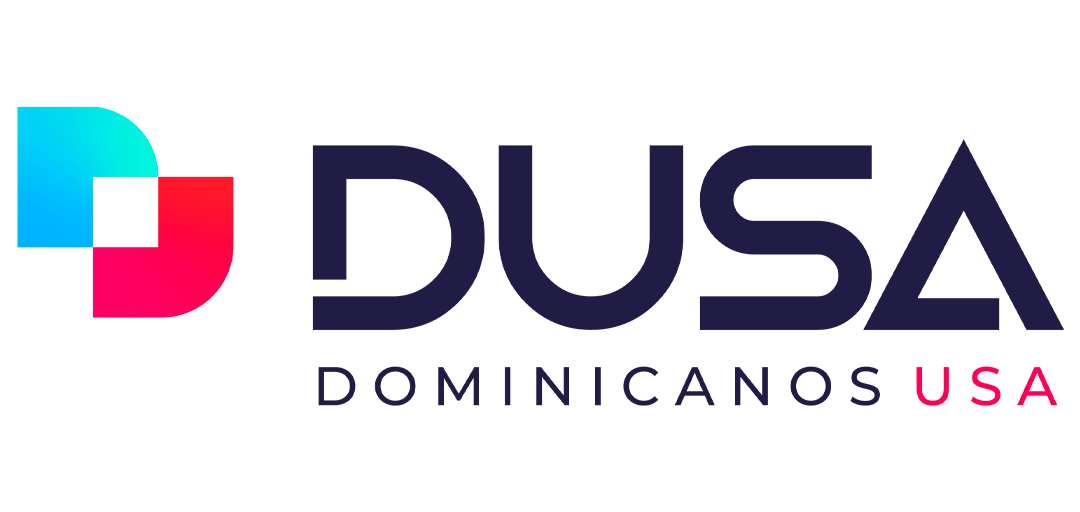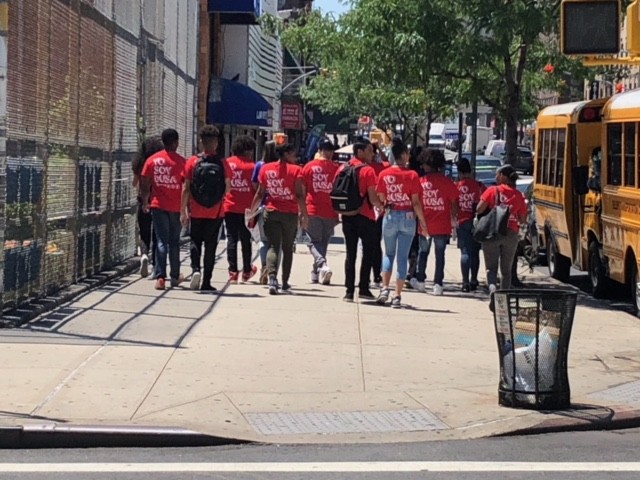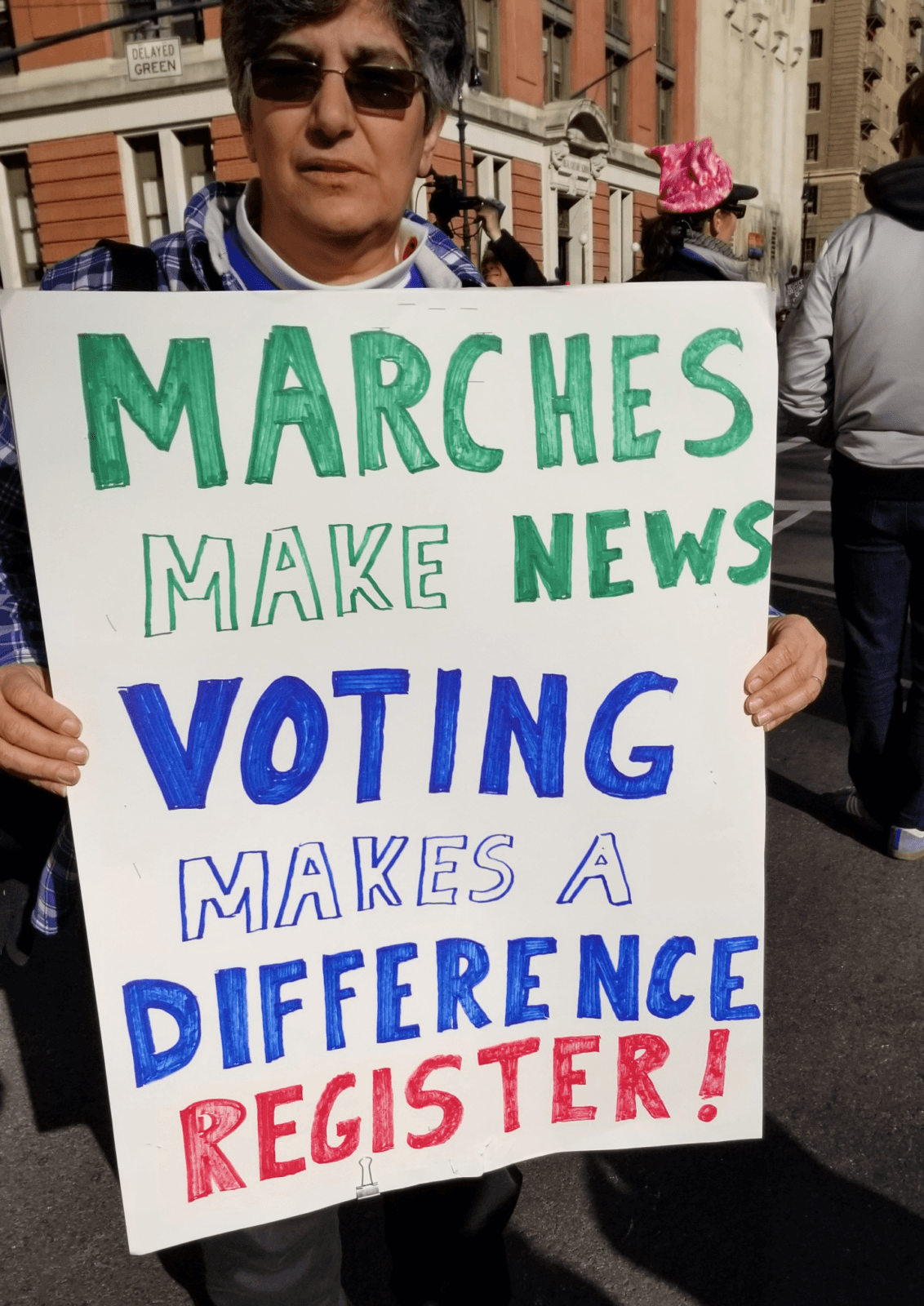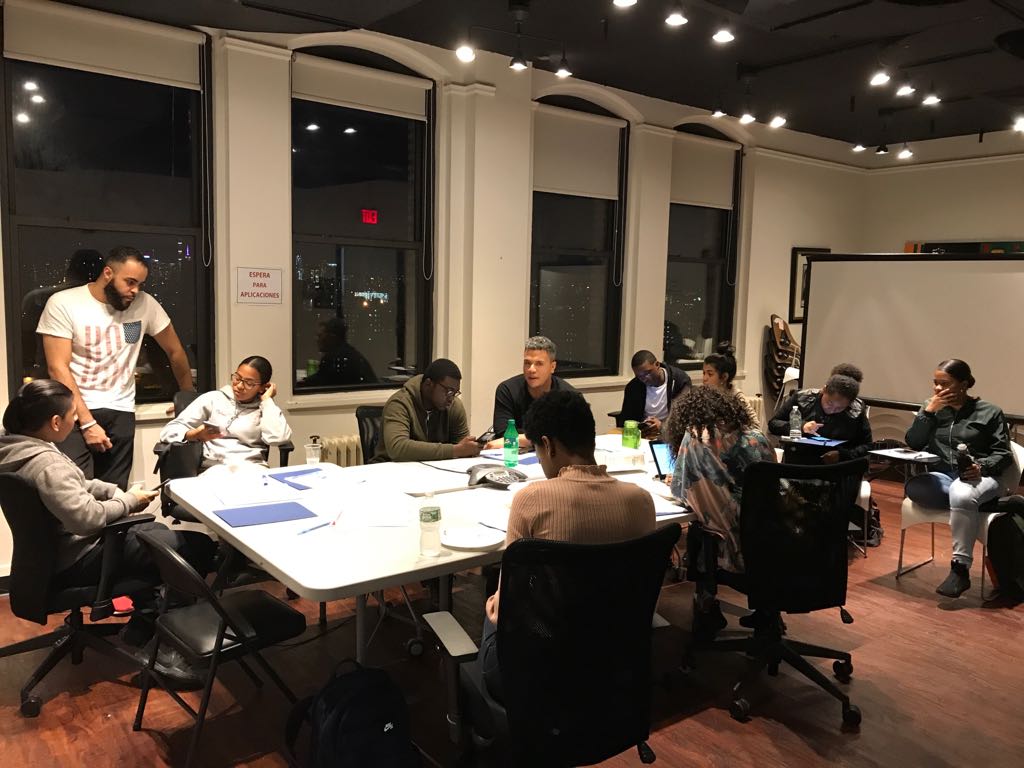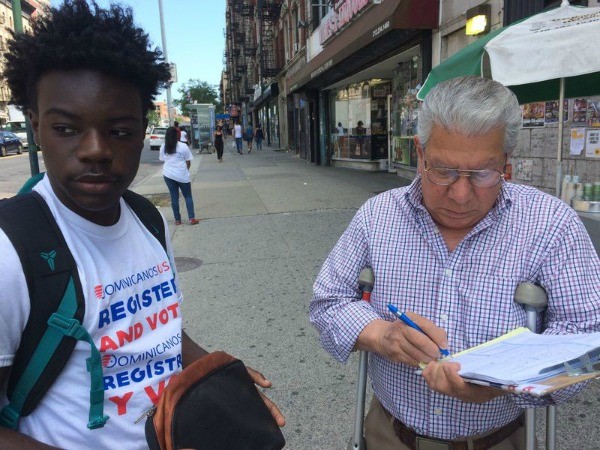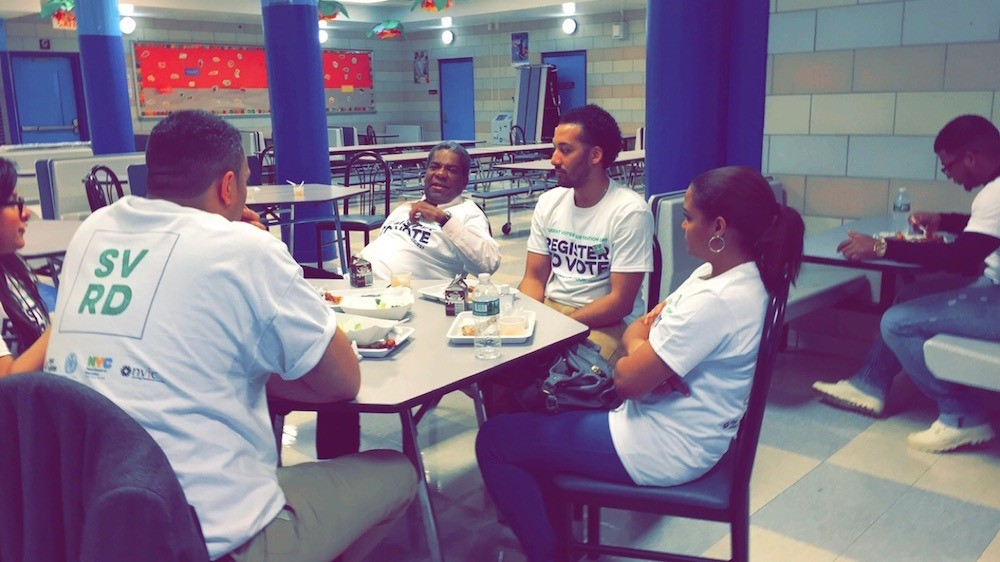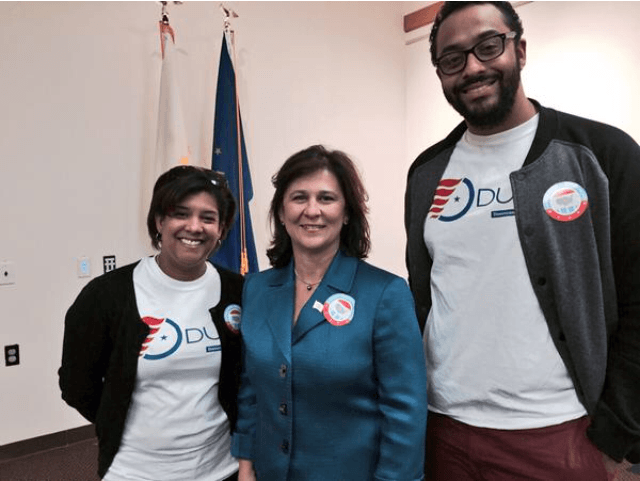4 Things you should know about the special public advocate election on February 26th!
[et_pb_section bb_built=”1″ admin_label=”Header” _builder_version=”3.18.2″ custom_padding=”0|0px|0|0px|false|false” locked=”off” next_background_color=”#000000″][et_pb_row use_custom_width=”on” custom_width_px=”1280px” use_custom_gutter=”on” gutter_width=”2″ _builder_version=”3.18.2″][et_pb_column type=”3_4″][et_pb_text _builder_version=”3.19.5″ _dynamic_attributes=”content” text_font=”Work Sans|700|||||||” text_text_color=”#000000″ text_font_size=”38px” text_font_size_tablet=”40px” text_font_size_phone=”30px” text_font_size_last_edited=”on|desktop” text_line_height=”1.3em” ul_font=”||||||||” ol_font=”||||||||” header_font=”Work Sans|700|||||||” header_font_size=”55px” header_font_size_tablet=”40px” header_font_size_phone=”30px” header_font_size_last_edited=”on|desktop” header_line_height=”1.5em” header_3_font=”||||||||” header_4_font=”||||||||” header_5_font=”||||||||” header_6_font=”||||||||” border_color_all=”#000000″ border_width_bottom=”4px” custom_padding=”||10px||false|false” locked=”off” header_2_font_size__hover=”26px” header_2_font_size__hover_enabled=”26px” header_2_letter_spacing__hover=”0px” header_2_letter_spacing__hover_enabled=”0px” header_2_line_height__hover=”1em” header_2_line_height__hover_enabled=”1em” header_2_text_shadow_style__hover=”none” header_2_text_shadow_style__hover_enabled=”none” header_2_text_shadow_color__hover=”rgba(0,0,0,0.4)” header_2_text_shadow_color__hover_enabled=”rgba(0,0,0,0.4)”]…
